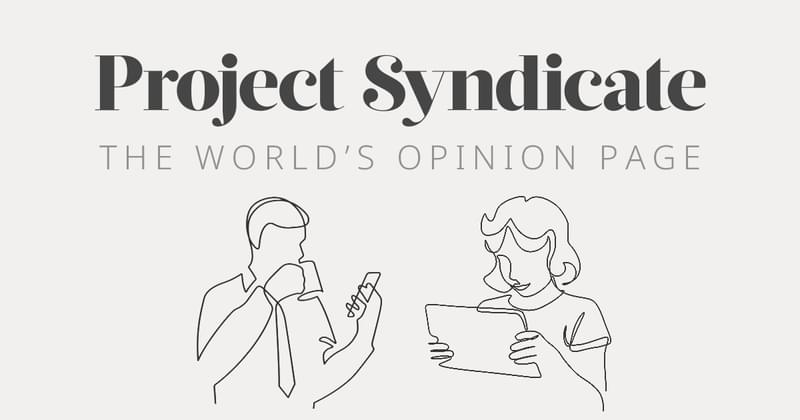AGU Fall Meetings
San Francisco, CA
Communicating Science to Society in the Face of Deep Uncertainty and the Threat of Manufactured Doubt
Speakers: Andrew Freedman, Katherine Hayhoe, Michael Oppenheimer, and Gernot Wagner.
Uncertainty is an inherent part of the scientific process. It can result from the intrinsic random or chaotic nature of a system or from our limited knowledge of that system. In many cases scientists recognize huge unknowns in a system they seek to characterize. Decision makers must understand these uncertainties that surround scientific knowledge, including the ‘known unknowns’ (deep uncertainties), to be able to make effective and robust choices. However, because many non-scientists perceive any uncertainty as a total lack of knowledge, communicating uncertainties to the lay public can lead to misunderstanding of core scientific conclusions. To add to the confusion, some special interest groups misrepresent uncertainties to manufacture doubt around scientific findings while others may minimize uncertainties to highlight particular scientific conclusions. Both means of mishandling uncertainty can lead to high risks to society’s health, economy and environment.
This panel will explore the challenges and opportunities for communicating the deep uncertainty often embedded in scientific conclusions, especially when dealing with charged science topics such as climate change and GMOs. Does the gap between an expectation of no uncertainty and the recognition that science always comes with uncertainty and sometimes with very deep uncertainties create a valley of death for dealing with critical environmental crises? How can scientists and science communicators’ best bridge this chasm?

